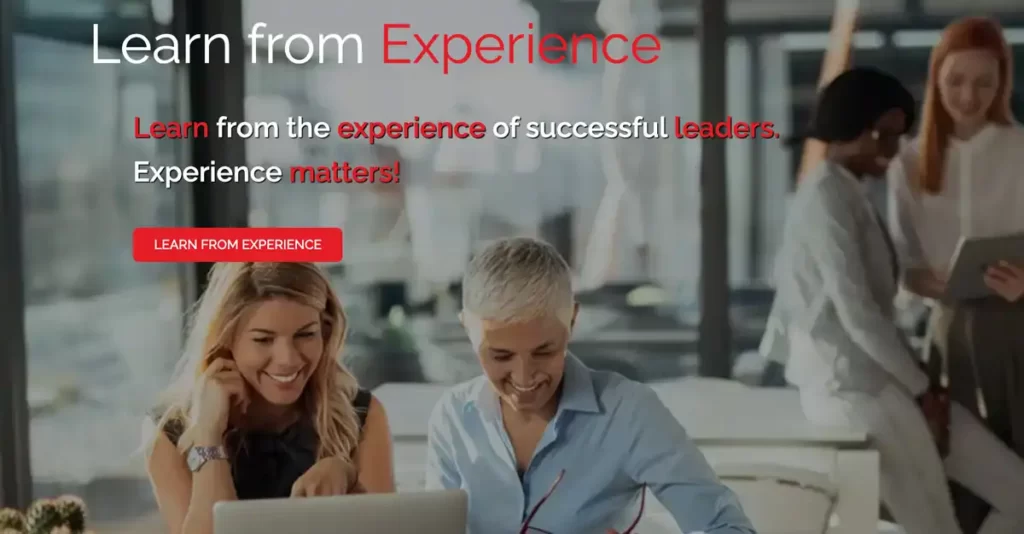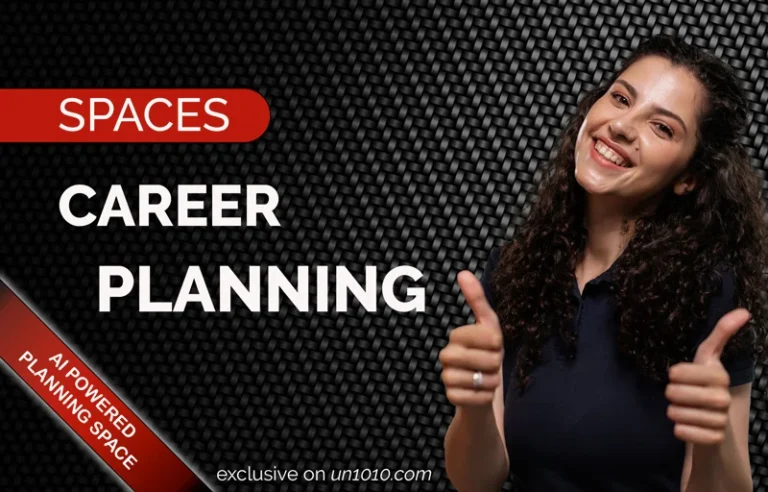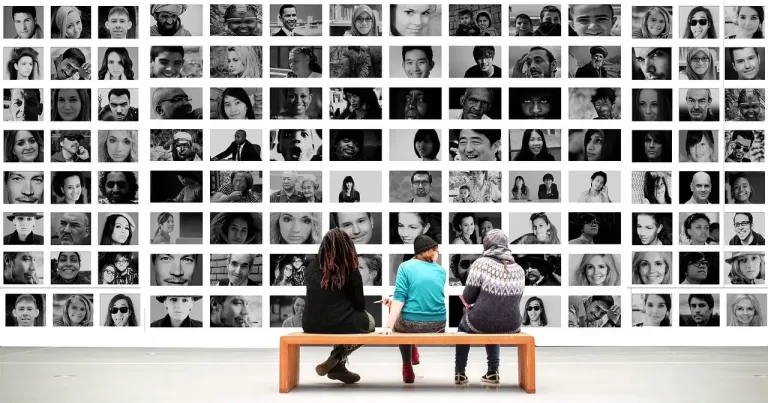What is experience?
Experience is a powerful career booster, but the problem is that it often comes with years of learning and making mistakes. We all know what it feels like, but a strict definition is complex. Experience generally refers to our accumulated knowledge and memories from past events. However, some people believe that experience is more than just memories- the emotions we feel and the lessons we learn from those events. In other words, experience is what makes us who we are. It shapes our worldview and helps us make better decisions in the future. While some people might downplay the importance of experience, I believe it’s one of our most valuable things.
Experience is a career boost.
In the book, “Outliers: The Story of Success,” Malcolm Gladwell discusses experience and how it plays a role in one’s success. To Gladwell, experience is what we get from our encounters with the world. It is the total of our memories, thoughts, and feelings about everything we have ever done. And while some people may argue that experience is simply a result of time and exposure, Gladwell believes that it is much more than that. He argues that experience makes us who we are and is the key to understanding why some people are more successful than others.
Would it not be helpful instead of making all the experience ourselves, which will often take years, to get a fast download from somebody else and be ready to use the experience for our success? This sounds like science fiction, but it is possible and a great way to accelerate your career. This is why we invested years in researching and collecting experience from successful leaders, extracted the valuable part of the experience, and shared it with you in our XP-Series. So it is up to you to use this and save years of making them all by yourself – which is not bad but takes time.
The benefits of using a career network
There are many benefits to using a career network. The most obvious benefit is that you can learn about new opportunities and get advice from people with experience in the field. Networking also helps you develop relationships and build trust, which can lead to new opportunities and networking partnerships. Finally, networking can provide valuable feedback on your resume or job search efforts. Career networking is a process of building relationships with people in similar career fields and sharing business cards in today’s time in a digital way of connecting. Each person has their own network, but most have connections to other people who are in their field. Career networking can include:
Career networking is a common activity for those in the career advancement process, and it can help them to improve their careers. Career networking can be done in person or via the Internet. Networking is not a one-time event, but part of an ongoing process that requires continued activity. It involves many people in the same or similar career fields who are looking for business opportunities and may be able to provide them to each other. You find an online course that will help and teach you to set up your LinkedIn presence and to use tools to grow your network. This is easier than you believe, let us show you how.
Online Course LinkedIn.
Data speaks for itself
Eighty percent of professionals consider networking critical to career success.
Data shows professionals agree on the value of networking, but more than one-third struggle.
According to new LinkedIn global survey results, almost 80 percent of professionals consider professional networking critical to career success. Also, 70 percent of people in 2016 were hired at a company where they had a connection. Despite the importance of networking, the survey revealed gaps in how professionals feel vs. their behavior and how they stay in touch with their network. Knowing what to say when reconnecting.



















